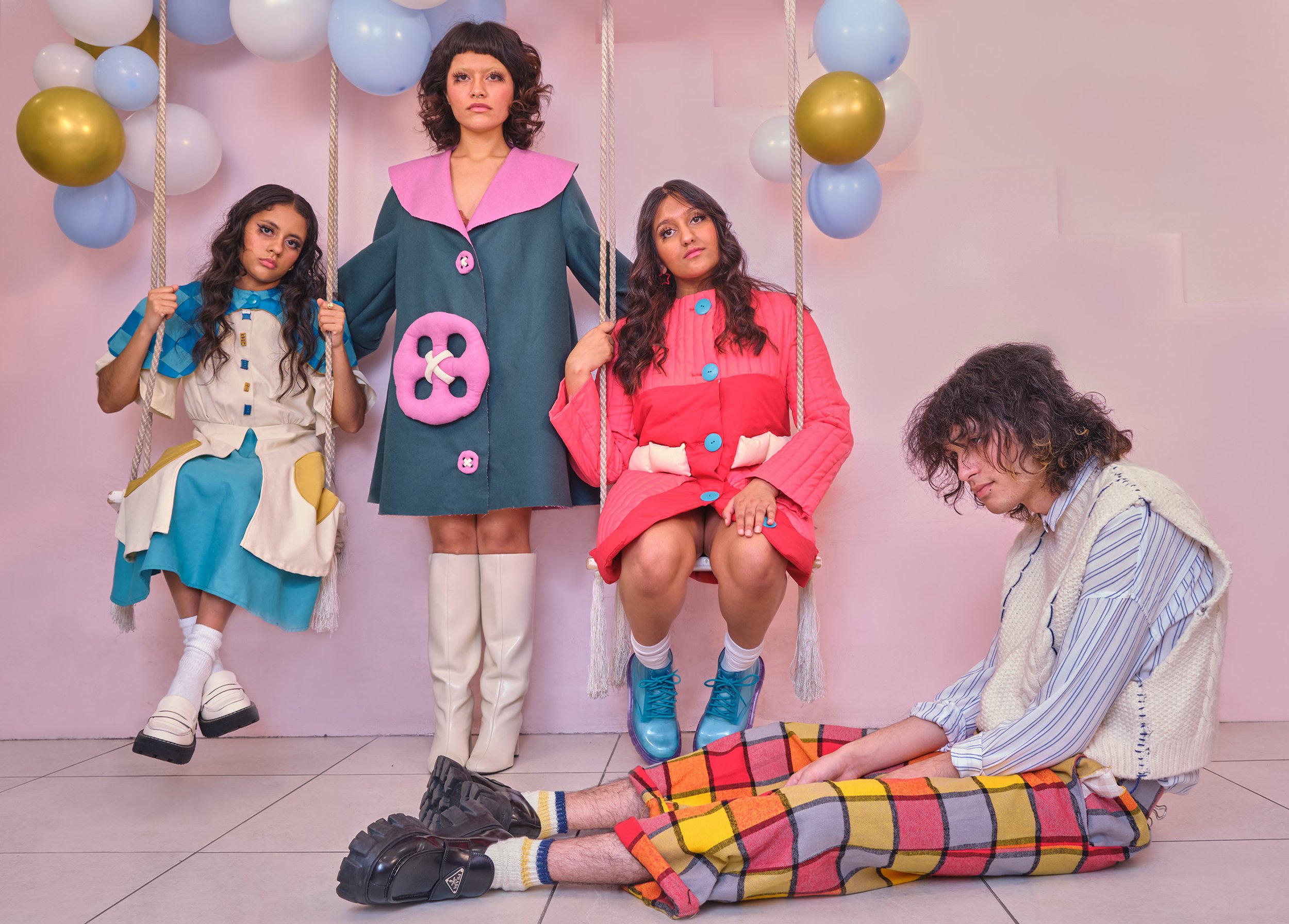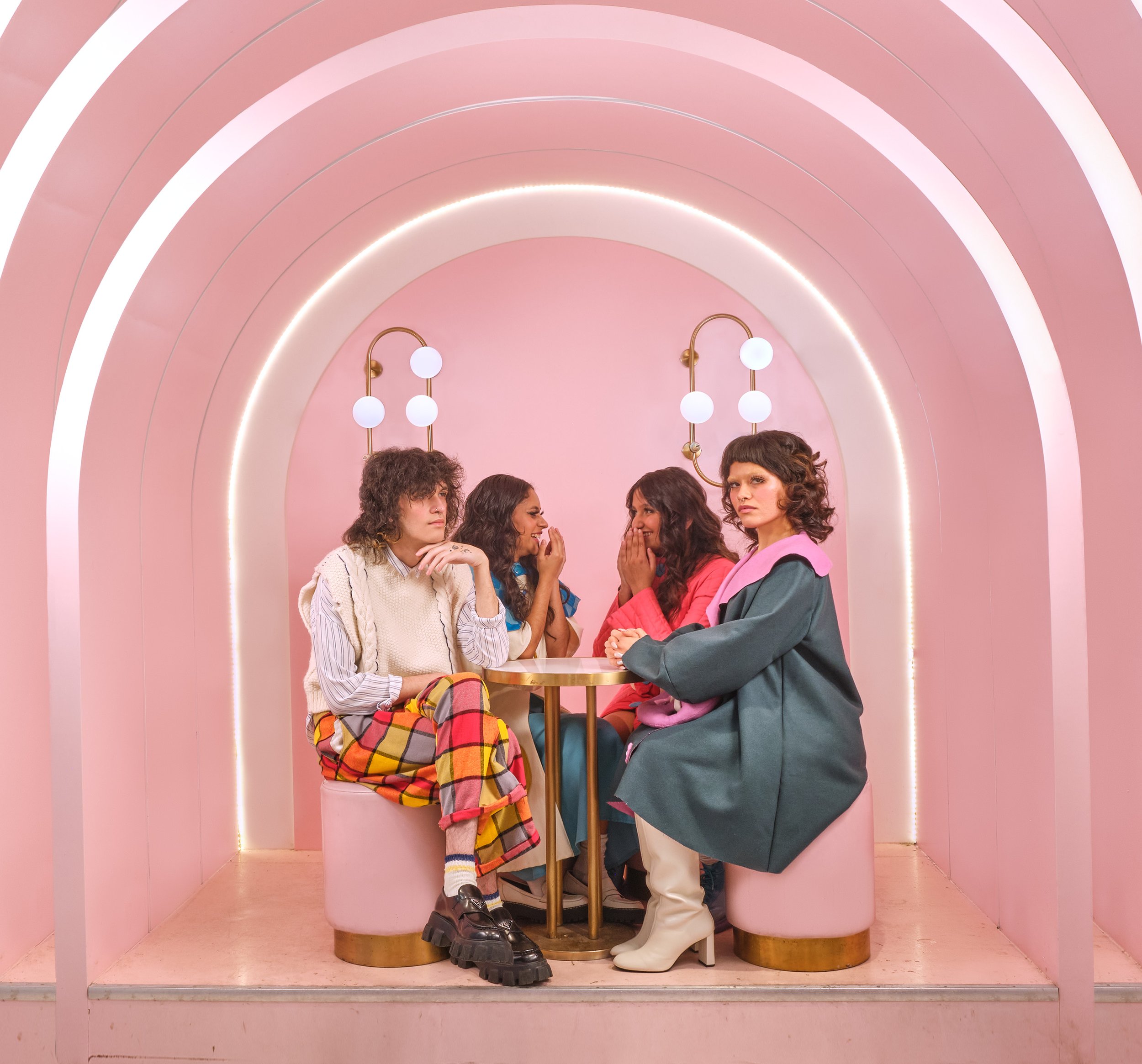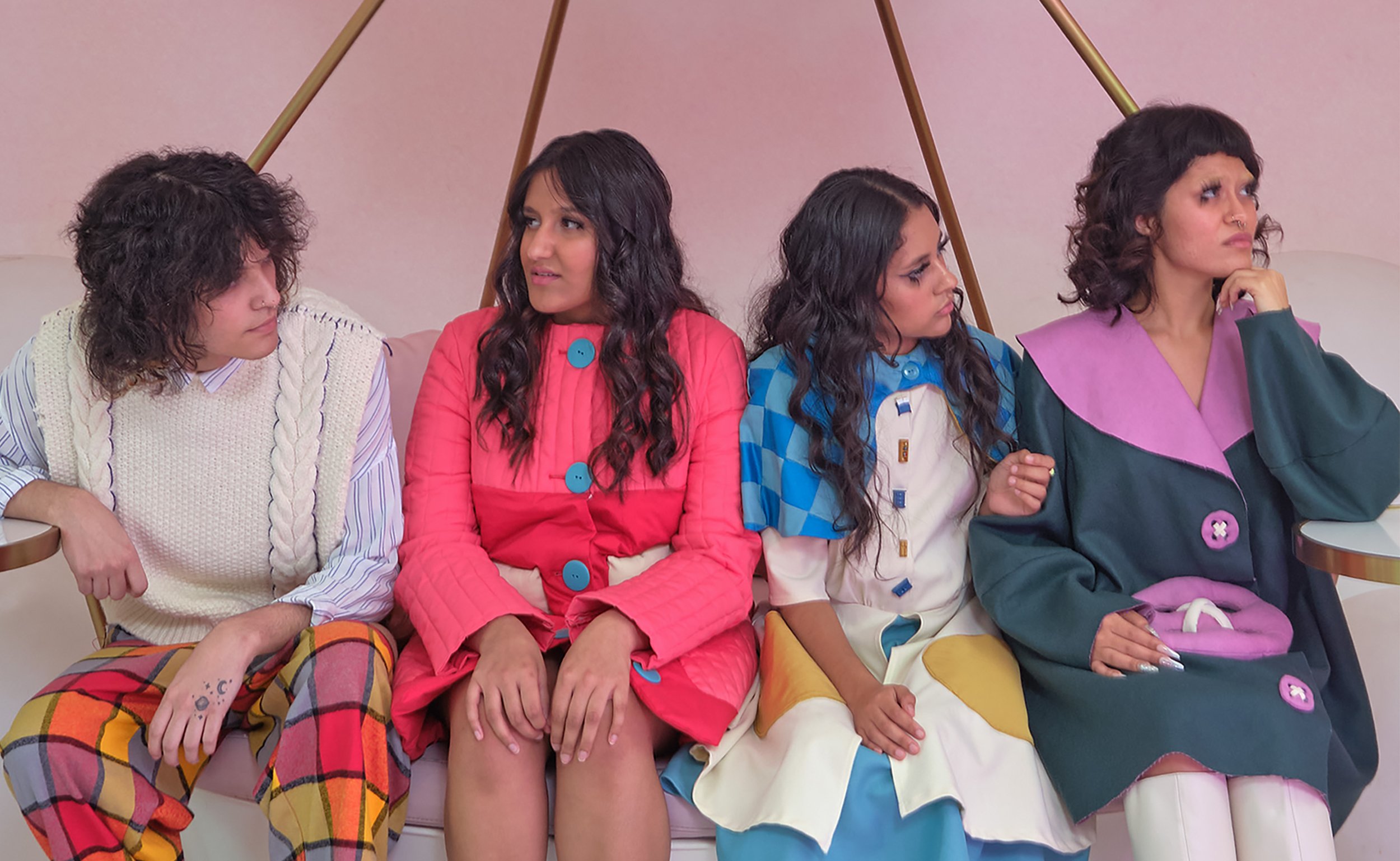Family Matters
La Bella Famiglia
If Arrested Development taught me anything, it’s that blood is thicker than water. That though the typical family may not be perfect, they can overcome any challenge through love and acceptance. Whether it be the perfect, steamy cheese pull of a rice ball or the warmth of a hug before I drive home from my nanny’s house, love is flowing in my Italian family. That is, as long as I don’t come out to my extended family as gay.
Heterosexuality has been the norm in Italian culture long before Boticelli paintings showed love Renaissance style, in dazzling visuals showcased around the world. Roman Catholic religious imagery depicts men and women in love and homosexuality as something blasphemous and immoral. Times may have progressed, but at the heart of Italian culture Catholicism remains, steadfast in its tradition of Adam and Eve and a facetious claim to “love everybody, regardless of their background.” Hearing the grandiose voices of the choir singers and the enchanting echoes of church organs always appealed to me as a child, but it wasn’t until recently that I questioned the values of the Church when it came to homosexuality and love. I feel as though the older generations hold onto religious sentiments too carefully, and maintain the principles learned from their respective upbringing too tightly in today’s society.
My parents grew up in New York in the 1970s and 1980s, where crime was at an all-time high in the city. When Times Square was a hub of prostitution as opposed to costumed characters. Since both of my parents grew up in Catholic Italian households, they were raised to speak loudly and walk with their fists at their sides. To them, storming through life as a tough, rugged person meant that they wouldn’t get picked on in school or treated differently. Some of my earliest memories were in the same vein as this. For example, I wasn’t allowed to show too much emotion if something upset me because men don’t cry. I was told to walk with my hands curled up in fists when I walked the hallways, and that I couldn’t wear my new Diddy Kong pin from the Nintendo Store I got the weekend before.
Though these “lessons” all seemed as though they were unrelated, it wasn’t until I started to discover my own sexuality that I noticed their frequency and connection to things that were stereotypically effeminate and wavered from traditional masculinity. For example, I remember the day well when I tried to stream an early season of RuPaul’s Drag Race and my parents found out. They told me that the show would teach me the “wrong idea” and didn’t give me the Hulu password to stream the show. Just as any reckless teenager does, this only made me want to dive deeper into the world of glamor and fashion. I largely credit this incident with sparking my love for fashion. Watching pirated episodes of Drag Race on my laptop when my parents were asleep opened me up to an entire new domain of unbridled creativity and passion, and I loved it. While I don’t do drag myself, this summer, I was an apprentice for Florence D’Lee, a New York-based designer most famous for his work on Drag Race.
As I grew older, my parents started to shift their vernacular to be more inclusive and our relationship improved. However, I am still not out to my extended family for fear of their response and I don’t feel completely comfortable in my own skin at home. My nanny called me in college and playfully asked if I was talking to any girls as I sat on my bed next to my ex-boyfriend, holding back tears and saying “No.” Before my cousins and grandparents came over, I used to hide photos of us together and put away any posters of my favorite pop-stars like Doja Cat. My parents asked me to delete the six-month anniversary post of me and my boyfriend together for fear of being hired or accepted by the world at large. I am still not out to my entire family, and I’m not sure when I will be. It’s entirely possible that this perceived disapproval is all in my head and everything will be fine. Only time will tell, but I know that this cycle of toxic masculinity and religious-based exclusion will end with me because just as Michael Bluth says, family always comes first.
Models: Anahi Reyes, Emily Soto, Michael Perez, Suma Deshpande
Photographer: Esai Velasquez
Stylist: Victoria Panzella
Makeup Artist/Hair Stylist, Beauty Director: Gillian Tokar
Videographer, Production and Set Director: Luna Abreia
Editor-in-Chief, Creative Director: Pilar Bradley
Photo Director, Creative Director: Kervens Jean
Graphic Designer: Antara Sharma
Writer: Nicholas Portello





